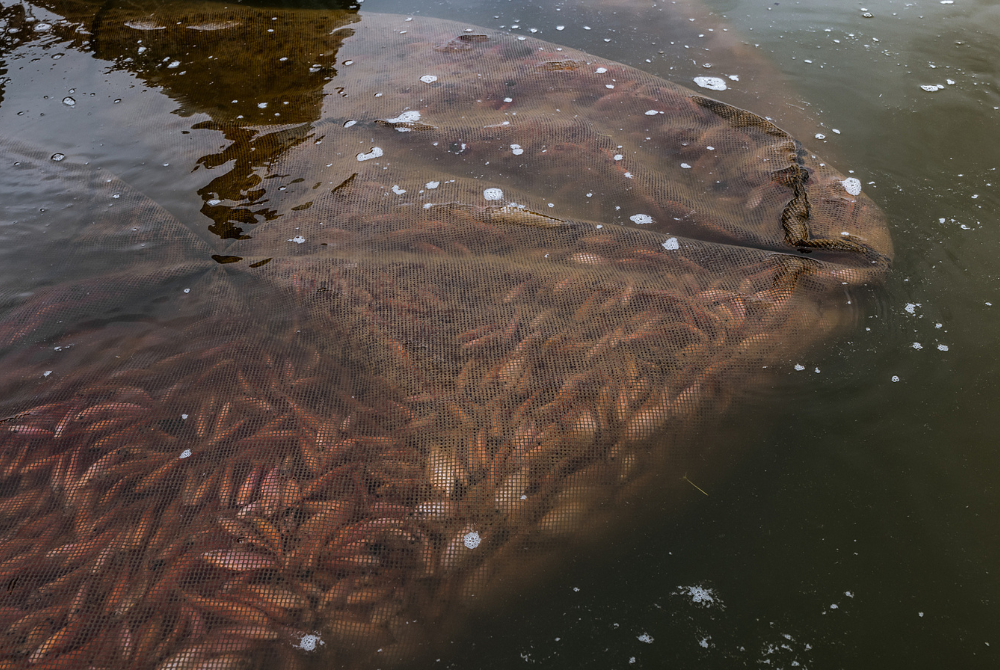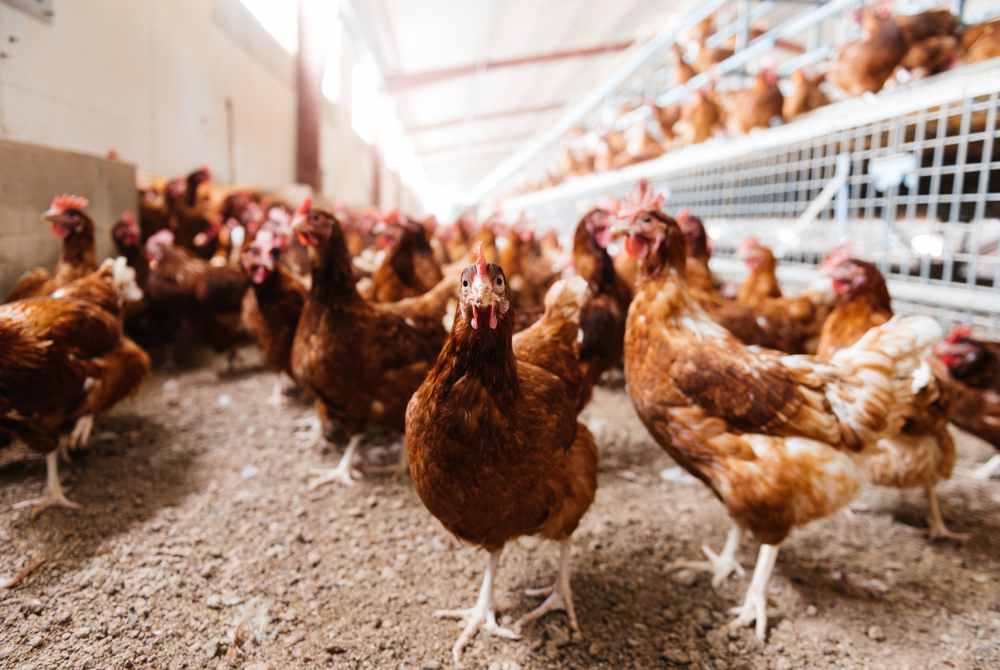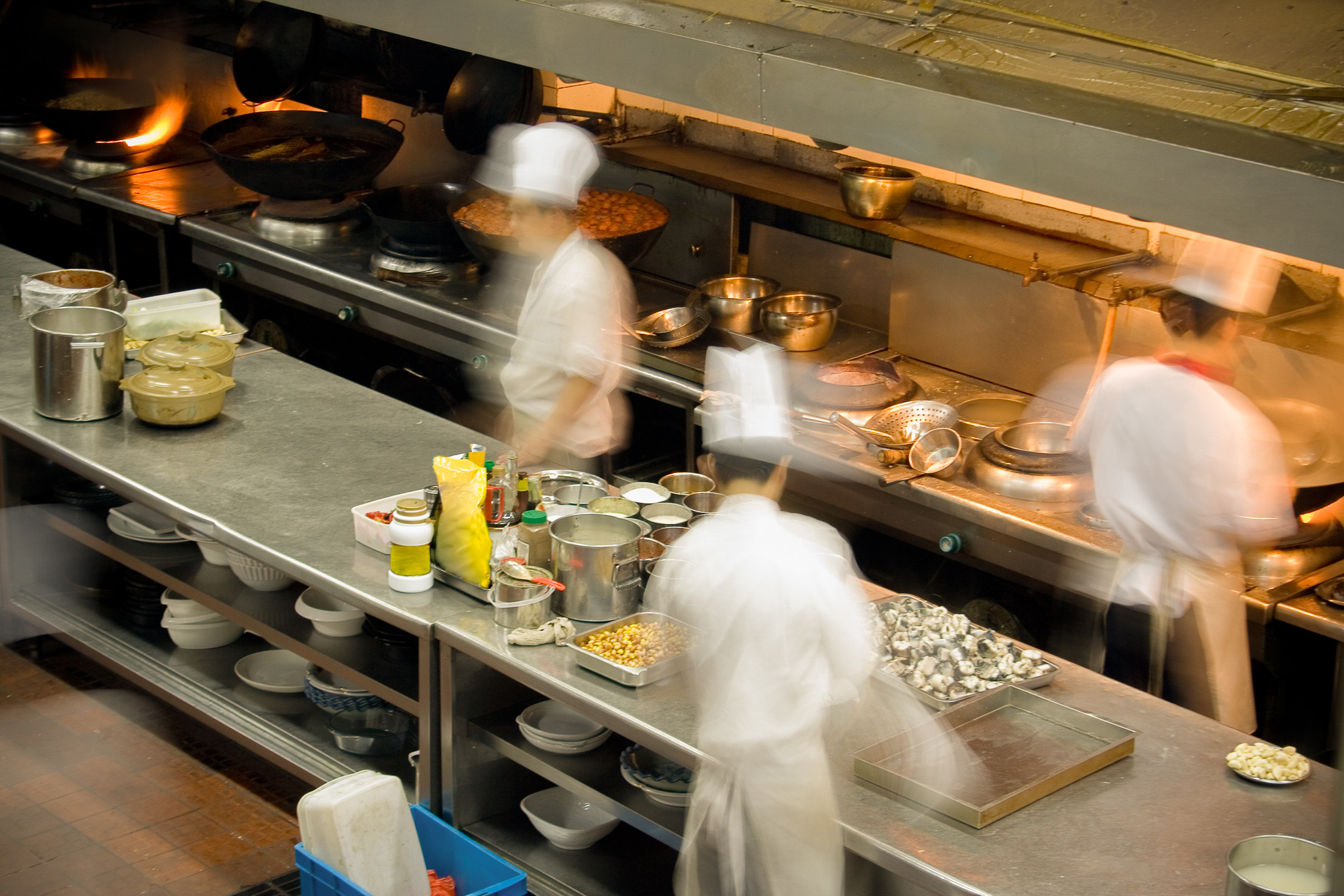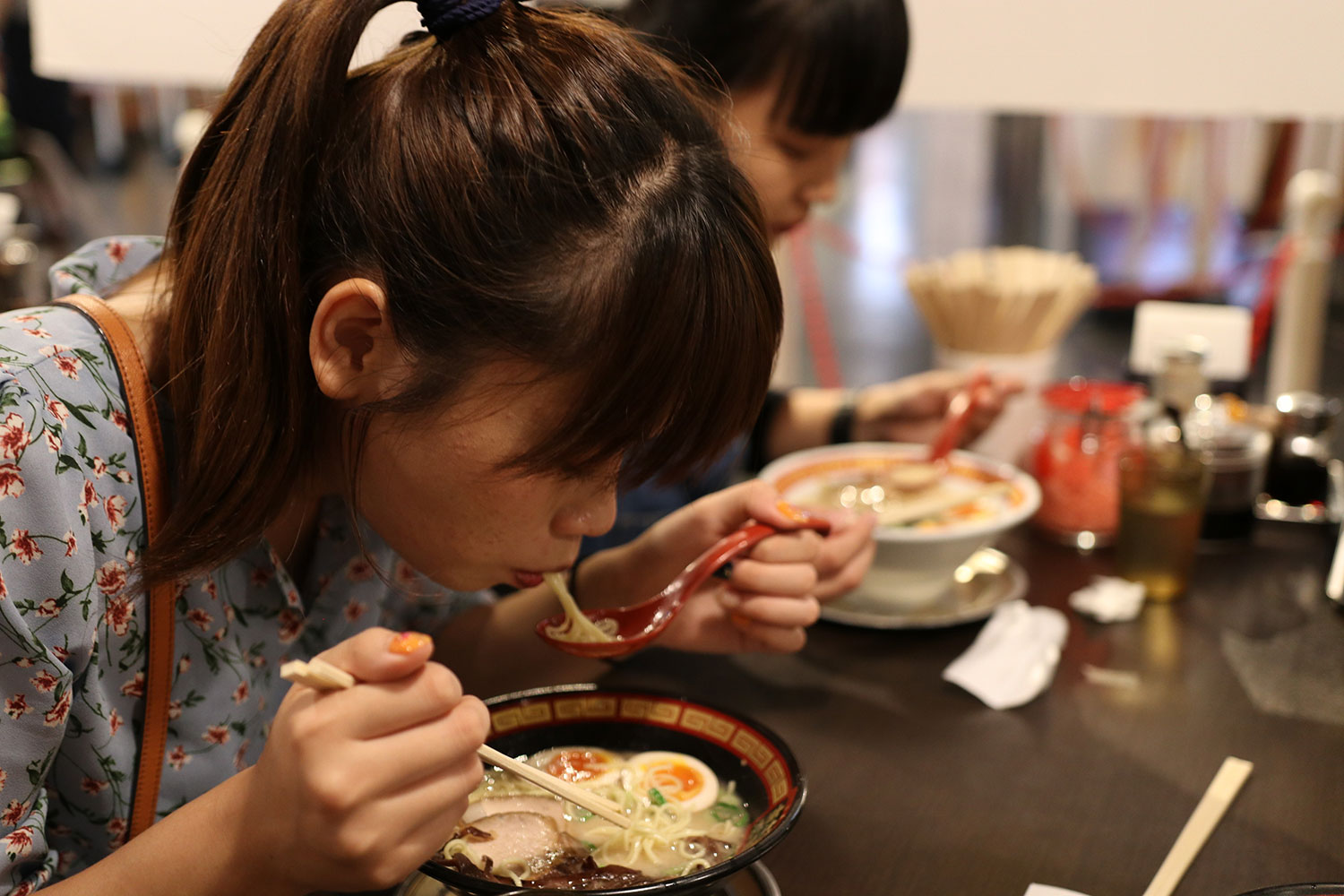September 10, 20252025年 09月 10日

A new Model Seafood Welfare Standard (MSWS) for food companies, developed with the input and endorsement of eight leading animal protection NGOs working on seafood welfare across North America, Europe, Asia and Latin America, was released online at SeafoodWelfare.org.
MSWS is intended to serve as a common-sense policy for food companies sourcing fish and crustaceans in their supply chain, and to complement existing corporate policies on issues such as cage-free eggs, crate-free pork, and Better Chicken Commitment poultry.
Along with the text of the Standard, SeafoodWelfare.org includes a free searchable directory of thousands of suppliers globally that already meet all or some of the Model Seafood Welfare Standard’s parameters. Sortable by species, country, production method and other parameters, the directory is intended to help seafood sourcing managers identify and source from producers that meet key animal welfare parameters.
Addressing the Scale of Seafood Consumption
Trillions of aquatic animals are consumed annually, including 133 billion farmed fish, 630 billion farmed shrimp, and up to 2 trillion wild-caught finfish. While many food companies have taken steps to address environmental sustainability and human rights in their seafood supply chains, the welfare of fish and other seafood species has historically been absent from corporate animal welfare policies. Recently, though, an increasing number of food companies—including Espresso House, Costco, JDE Peets, and others—have set commitments to implement some or all of the parameters of the Model Seafood Welfare Standard in their supply chains.
“Seafood represents by far the largest number of animals used for food globally, and we are excited that a rapidly increasing number of food companies are adopting common-sense animal welfare standards like the Model Seafood Welfare Standard for their seafood supply chains,” said Astrid Duque, Program Manager at Lever Foundation, a U.S.-based NGO that has helped a range of food companies develop policies in this area. “It is now easier than ever for food companies and sourcing managers to phase the worst cruelties out of their seafood supply chains.”
Comprehensive Standards for Farmed and Wild-Caught Seafood
The Model Seafood Welfare Standard addresses critical welfare issues for both farmed and wild-caught fish. For aquaculture, it covers water quality and disease management, environments, mutilations, and humane stunning. For wild-catch producers, the Standard focuses on the elimination of harmful catch methods, reduction in bycatch, and humane slaughter. The MSWS is aligned with and endorses certification programs that incorporate meaningful animal welfare principles, including the Aquaculture Stewardship Council, Naturland, RSPCA Assured, and Global Animal Partnership.








